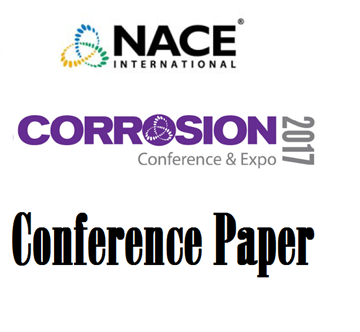Search
Optimisation Of Hydrogen Stress Cracking Resistance Of High Strength Precipitation Hardened Nickel Alloys
Also Purchased
Reduction Of Conservatism In SSC Testing For Sour Gas Well Tubulars
Product Number:
51322-17776-SG
Publication Date:
2022
$20.00
Enhancing The Reliability Of Ageing Assets In Utility Plants Though The Application Of RTR
Product Number:
51322-17881-SG
Publication Date:
2022
$20.00
51317--9655-The Effect of Hydrogen on Plain and Notched Test Specimens of PH Nickel Alloys
Product Number:
51317--9655-SG
ISBN:
9655 2017 CP
Publication Date:
2017
$20.00




